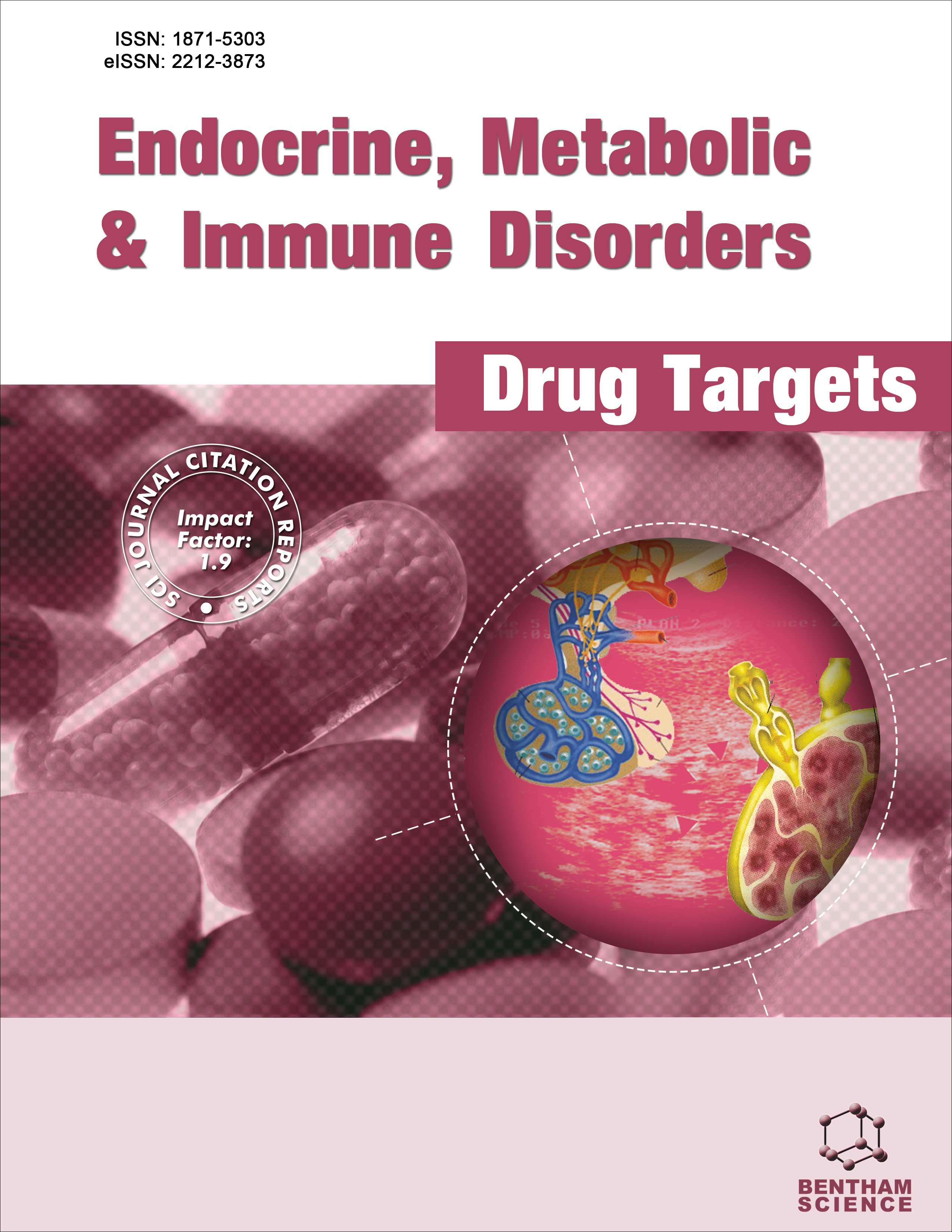-
s Hidden Hunger of Vitamin E among Healthy College Students: A Cross- Sectional Study
- Source: Endocrine, Metabolic & Immune Disorders-Drug Targets, Volume 21, Issue 6, Jun 2021, p. 1025 - 1030
-
- 01 Jun 2021
Abstract
Background: College students may have a risk of fat-soluble vitamin deficiencies due to unhealthy dietary habits, especially for vitamin A and E. They are important members of the human antioxidant network; deficiencies of these vitamins may increase the risk of many critical diseases. Objective: The current study was undertaken to determine the status of vitamin A and E in college students. Methods: Healthy college students were recruited, and fasting blood samples of them were collected and used for determining serum levels of retinol and α-tocopherol by the HPLC method. Results: We found that there was no vitamin A deficiency in college students. However, vitamin E deficiency existed in 34.5% of college students, especially in males. All the students had no vitamin E adequacy. In addition, our findings showed that BMI was inversely associated with serum α-- tocopherol, but not serum retinol. Conclusion: These results suggest that vitamin E deficiency in college students should be given more attention, and it is necessary to consider using vitamin E supplements.


